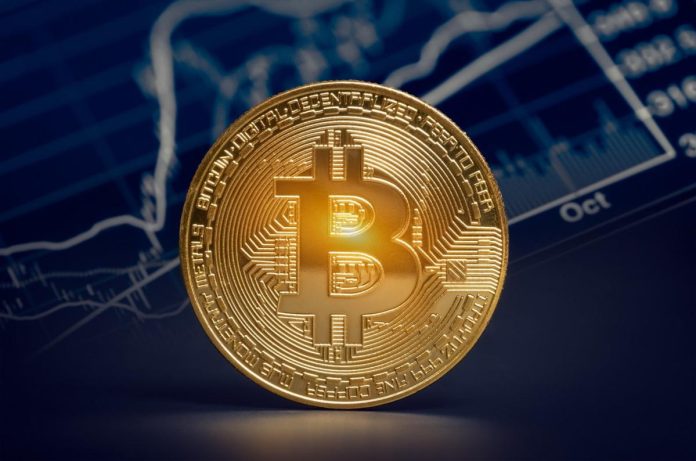It has been three months since the launch of the first spot Bitcoin exchange-traded funds (ETFs), and they have already accumulated over $30 billion in assets. These ETFs have become a convenient way for first-time crypto investors to gain exposure to Bitcoin, making it the biggest product launch on Wall Street in 30 years.
Despite the success of these ETFs, some crypto enthusiasts argue that it is still better to buy Bitcoin directly. Let’s take a closer look at this statement.
Tracking the price of Bitcoin is a crucial aspect when it comes to ETFs. Initially, it was thought that these ETFs would struggle to track the 24/7 global trading of Bitcoin due to their limited after-hours and pre-market trading. However, when compared to the top-two spot Bitcoin ETFs, the iShares Bitcoin Trust (NASDAQ: IBIT) and the Fidelity Wise Origin Bitcoin Fund (NYSEMKT: FBTC), both have seen a 33% increase in value since January 12th.
This three-month chart from TradingView shows that these two ETFs have closely followed the price of Bitcoin, making it an easy option for long-term investors.
But it’s important to note that buying a Bitcoin ETF means buying exposure to the price of Bitcoin, not actual Bitcoin. Just like buying an ETF that tracks the S&P 500, you are not buying shares of every company but rather exposure to the index’s price through the ETF. This means that if you need access to Bitcoin as a currency, you won’t be able to use it if you hold an ETF.
Additionally, owning Bitcoin via an ETF means that you do not have possession of the cryptographic keys, which are the only way to truly own Bitcoin. This could become problematic if there are any changes in government regulations towards Bitcoin. This is why influential investors like Robert Kiyosaki, author of Rich Dad Poor Dad, recommend buying Bitcoin directly instead of ETFs.
While the new Bitcoin ETFs are a great way for new investors to enter the crypto market, it’s essential to remember that buying an ETF is not the same as buying Bitcoin. It is a game-changing difference that could affect investors in the long run.
Ultimately, the decision between buying Bitcoin or a Bitcoin ETF depends on the investor’s goals and risk tolerance. However, it’s worth considering that the Motley Fool Stock Advisor has identified 10 stocks that could produce significant returns in the coming years, with some stocks having already seen a return of over 400,000% since 2002.

